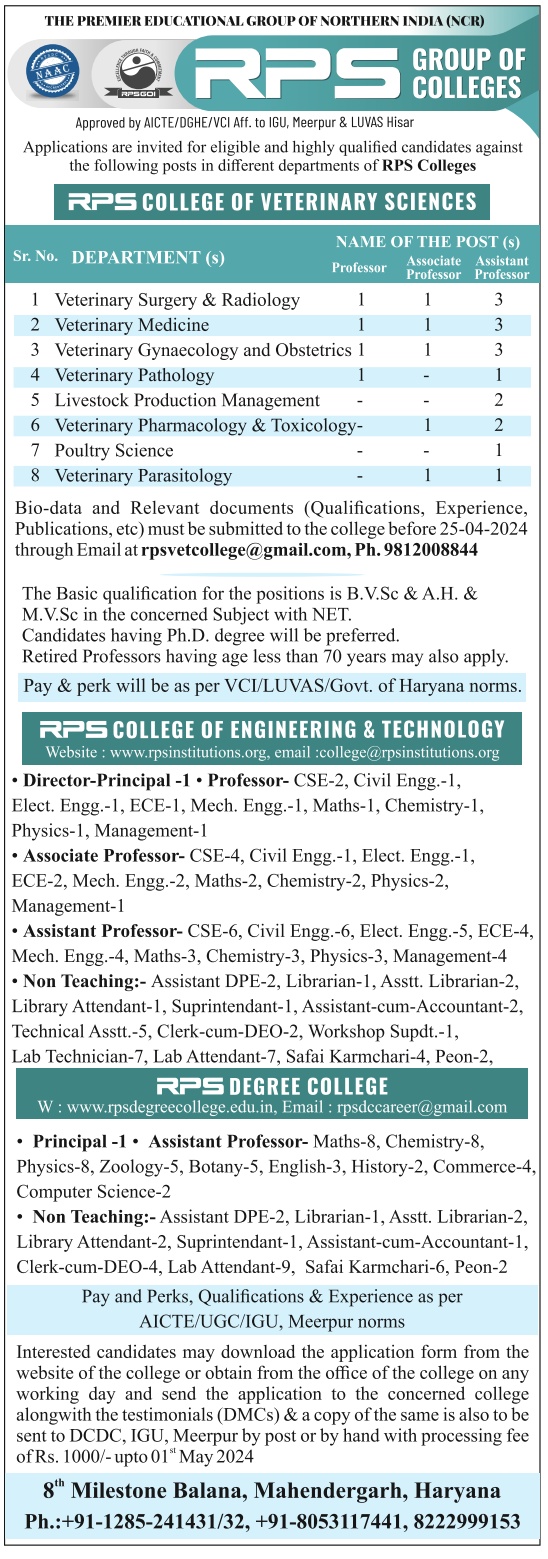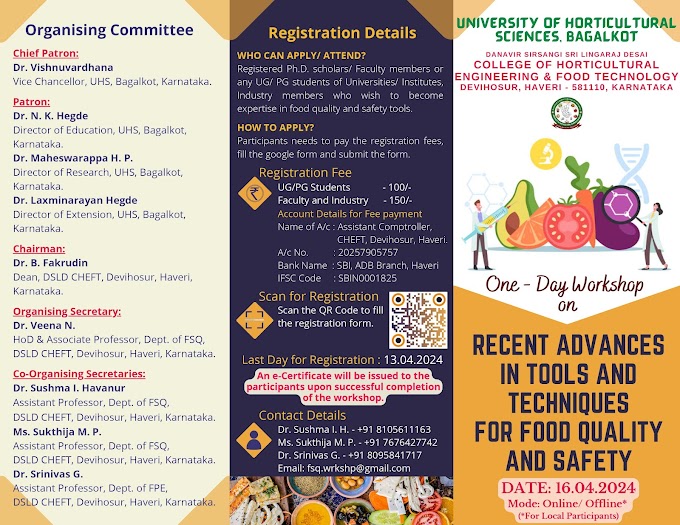Synthetic biologists have re-engineered a bacterium that normally eats a diet of simple sugars into one that builds its cells by absorbing carbon dioxide (CO2), much like plants. The work could lead to engineered microbes that suck CO2 out of the air and turn it into medicines and other high-value compounds.
Ron Milo, a synthetic biologist at the Weizmann Institute of Science in Rehovot, Israel, and his colleagues decided to see whether they could transform E. coli into an autotroph.
To do so, they re-engineered two essential parts of the bacterium’s metabolism: how it gets energy and what source of carbon it uses to grow. On the energy side, the researchers couldn’t give the bacterium the ability to carry out photosynthesis, because the process is too complex. Instead, they inserted the gene for an enzyme that enabled the microbe to eat formate, one of the simplest carbon-containing compounds, and one other strains of E. coli can’t eat. The microbes could then transform the formate into ATP, an energy-rich molecule that cells can use. That diet gave the microbe the energy it needed to use the second batch of three new enzymes it received—all of which enabled it to convert CO2 into sugars and other organic molecules.
To do so, they re-engineered two essential parts of the bacterium’s metabolism: how it gets energy and what source of carbon it uses to grow. On the energy side, the researchers couldn’t give the bacterium the ability to carry out photosynthesis, because the process is too complex. Instead, they inserted the gene for an enzyme that enabled the microbe to eat formate, one of the simplest carbon-containing compounds, and one other strains of E. coli can’t eat. The microbes could then transform the formate into ATP, an energy-rich molecule that cells can use. That diet gave the microbe the energy it needed to use the second batch of three new enzymes it received—all of which enabled it to convert CO2 into sugars and other organic molecules.












0 Comments